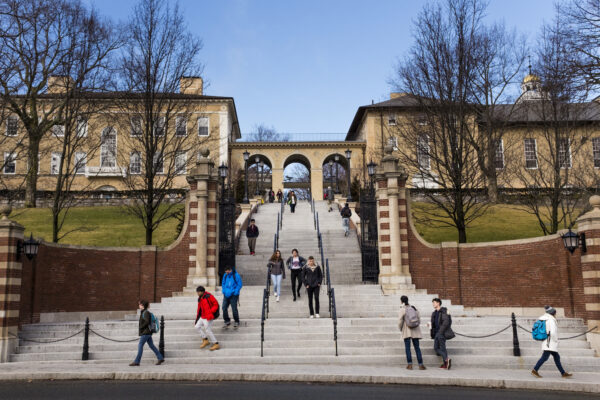New Report Advocates for Equity-Based Higher Ed Funding
Title: Why Rich Colleges Get Richer & Poor Colleges Get Poorer: The Case for Equity-Based Funding in Higher Education
Author: Nick Hillman
Source: Third Way
Using 20 years of data from colleges and universities across the nation, a new report from Third Way details the relationship between stratification in college enrollment by race, ethnicity, and income, and funding disparities between the most and least selective institutions.
According to the report, in the 2018-19 academic year, broad access institutions (those that admit the majority of students who apply) received $87.5 billion in federal funding compared with $68.4 billion received by the most selective institutions, despite broad access institutions serving a student population 4.5 times larger. The result meant that average spending per FTE student at broad access institutions was just shy of $15,000, compared with $52,000 at highly selective institutions.
Prior research demonstrates the impact of college spending on student outcomes such as graduation and shorter time to complete a degree. The Third Way suggests policymakers turn their attention towards providing more equitable funding for broad access institutions. Disconcertingly, the report finds that broad access institutions have seen a sustained decline in enrollment since 2010. Between the 1999 and 2018 academic years, the share of low-income students and students of color who enrolled in selective institutions increased primarily because fewer students were enrolling in broad access institutions overall. Lower student enrollment at broad access institutions resulted in a decline in tuition revenue, which further constrains the ability of broad access institutions to serve the students who do enroll, and ultimately impacts whether students complete a degree and how long it takes them to do so.
As broad access institutions remain the greatest entry point into higher education for students of color, and low-income students, the report argues policymakers and academic researchers ought to move from performance or outcome-based funding models, towards designing a new equity-based funding model aimed at investing in institutions serving these communities. Projections suggest that by 2028, nearly half (48 percent) of all college students will be students of color. The report concludes that limited funding and inequitable funding models have and will continue to impair the ability of these institutions to adequately serve students and ensure their success—a reality made more stark in the wake of the ongoing COVID-19 crisis.
To read the full report, click here or visit the Third Way website.
—Charles Sanchez
If you have any questions or comments about this blog post, please contact us.


